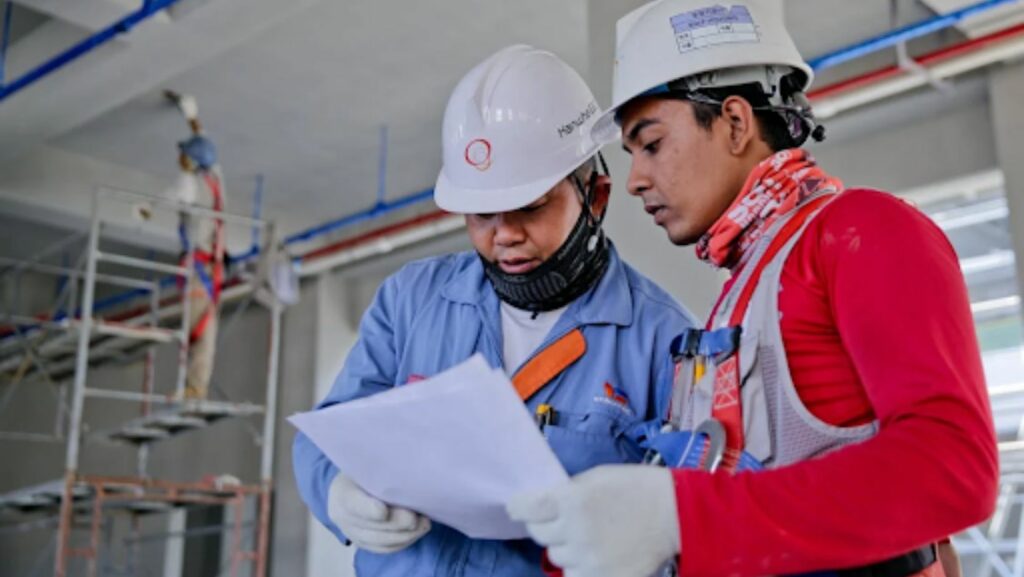Becoming a licensed general contractor in Florida is crucial for anyone looking to build a successful career in the construction industry. With strict regulations in place, obtaining a license ensures you meet the state’s legal requirements and gain clients’ trust. Whether you want to manage large-scale construction projects, work independently, or start your own contracting business, a Florida general contractor license opens the door to countless opportunities. To navigate this process smoothly and increase your chances of passing the required exams, consider preparing with at AtHomePrep, a trusted resource for exam prep and study materials.
Understanding the Licensing Requirements
The Florida Construction Industry Licensing Board (CILB) maintains authority over the licensing activities for general contractors—your first step before applying is to identify which license type fits your needs. Florida provides two main types of licenses: certified and registered. The Certified General Contractor (CGC) possesses statewide operational authority, yet the Registered General Contractor (RGC) maintains restricted work areas in local control jurisdiction zones. The certified license remains the choice of most future contractors since it enables them to work on a broader range of projects.
The application process requires fulfilling all mandatory requirements, including educational and age standards and experience criteria. The application process requires candidates to be 18 years old and possess either a four-year construction-related degree or equal experience and education. The state demands contractors possess four years of experience, including twelve months of supervisory work. Passing the background check and demonstrating financial stability through credit report submission and potential bond requirements for applicants with low credit scores are mandatory.
After confirming your eligibility, you must prepare for the general contractor examination. The exam consists of complex questions covering multiple subject areas, including construction and business and financial concepts. The success of passing the exam depends heavily on adequate preparation before the first attempt.
Preparing for the General Contractor Exam
The Florida General Contractor exam features three major sections: Business and Finance, Contract Administration, and Project Management. Although the exam allows book use, it remains highly demanding. Construction candidates must demonstrate speed in using reference materials while translating gained knowledge into practical construction situations. The mass amount of test material creates difficulties for most applicants, so they require a structured preparation method to succeed.
The Florida general contractor exam preparation becomes more efficient when candidates utilize specialized study materials and courses. AtHomePrep offers a full range of study materials, including practice tests and interactive learning resources that help students understand key concepts better. The benefits of taking a prep course include understanding exam format rules, time management strategies, and weak areas detection for focused study.
The exam scheduling process should take place beyond traditional academic study periods. The test operates through Professional Testing Inc.; applicants must complete registration before the exam date. The exam duration across multiple days demands proper rest and mental preparedness when you take the test.
Submitting Your License Application
The following procedure after exam success requires you to send your license application to the Florida Department of Business and Professional Regulation (DBPR). You must provide detailed documentation to the application, which includes showing your work experience, a credit report, and your examination results. Complete and accurate paperwork submission avoids processing delays in the system.
Florida demands general contractors acquire workers’ compensation and general liability insurance when submitting their applications. The needed insurance coverage quantity depends on your planned construction activities, yet you must have suitable insurance for DBPR approval.
Maintaining Your General Contractor License
After obtaining your license, you will begin the maintenance process. Your active general contractor license requires you to finish continuing education courses and perform biennial renewals. Florida requires contractors to acquire continuing education through approved providers, where they must study workplace safety together with business practices and advanced construction methods for at least 14 hours.
Your license will face penalties and suspension when you fail to renew it during its designated period. The construction field requires you to stay updated about industry changes and legal requirements to maintain compliance and business competitiveness. Contractors who seek to boost their income choose to obtain supplementary certifications and specialized expertise.
Conclusion
Obtaining your Florida general contractor license through dedication and compliance with state regulations leads to a fulfilling professional journey. Each step, from meeting eligibility standards to passing the complex examination, submitting a complete application, and maintaining your credentials, is essential to achieving your success as a licensed general contractor. Structured study programs at AtHomePrep, along with proper resources, help you master the licensing process, leading to career success in construction. Obtaining the license is your professional growth base if you aspire to lead large projects or establish your own contracting company.

